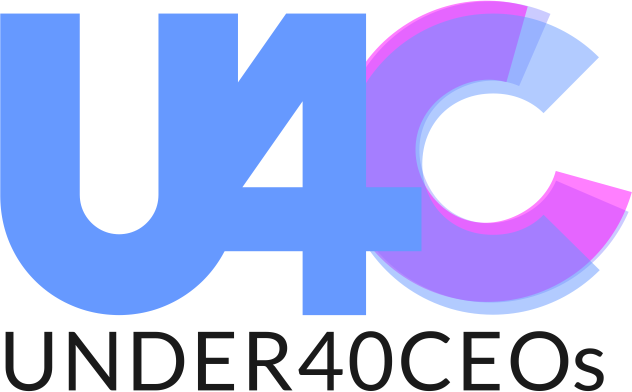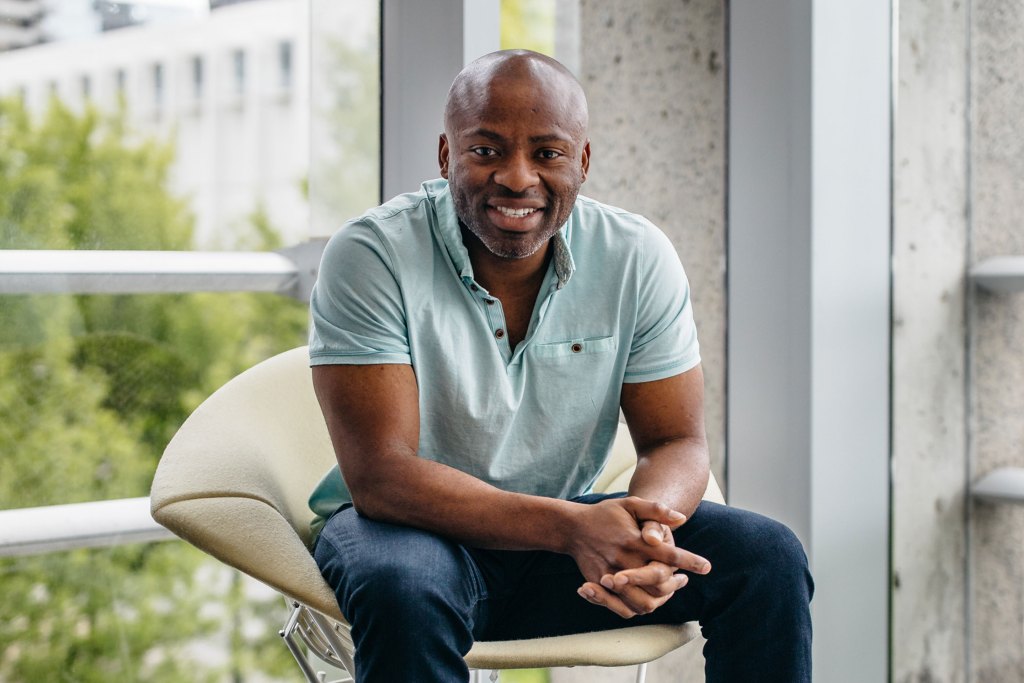Tope Awotona, the 40-year-old founder and CEO of Calendly, a $3 billion meeting scheduling platform, has been featured by Forbes.
Awotona founded Calendly nine years ago, investing his life savings of $200,000 in it and eventually abandoning his job selling software for EMC.
Today, the firm boasts 10 million users and customers such as Lyft, Ancestry.com, Indiana University, and La-Z-Boy.
Last year’s revenue surpassed $100 million, more than double that of the previous year. It’s possible that it’ll double again this year.
Since 2016, the firm, which was formed in Atlanta but no longer has any physical offices, has been successful. It obtained $350 million in capital last year from OpenView Venture Partners and Iconiq Capital, valuing the company at $3 billion.
That means Awotona’s majority stake is worth at least $1.4 billion, after the 10% discount that Forbes applies to shares of all private companies.
Awotona is one of just two Black tech billionaires in the United States, along with David Steward, the 70-year-old founder of Missouri-based IT provider World Wide Technology.

“Tope could be the most successful African-American tech entrepreneur of his generation,” says David Cummings, founder of Atlanta Ventures, which led a $550,000 seed investment in Calendly seven years ago.
Calendly doesn’t have the scheduling business to itself. Square, Microsoft and Zurich-based Doodle offer competing products. But Calendly has gained traction with its sleek, consumer-friendly design and its freemium model that lets it gain paying customers with no marketing.
“In my life, I’ve benefited from not taking the conventional wisdom,” Awotona says. “It’s benefited me personally, and I think it has benefited the business.”
Awotona was born in Lagos, Nigeria, into a middle-class family. His father was a microbiologist and entrepreneur; his mother worked at the Central Bank in Lagos, a city of 15 million.
When Awotona was 12 he witnessed his father get shot and killed in a carjacking.
“There was a part of me, from a very early age, that wanted to redeem him,” he once said.
In 1996, when he was 15, he moved with his family to Atlanta. He studied computer science at the University of Georgia, then switched to business and management information.
“I loved coding, but it was too monotonous,” he says. “I’m probably too extroverted to be a coder.”
Instead, he sold software for tech companies, including Perceptive Software, Vertafore and EMC (since acquired by Dell). He also founded a few businesses on the side: a dating website, a company that sold projectors and another that sold garden tools. All three were flops.
His idea for Calendly was different in that it was sparked by his own frustration as a salesman setting up meetings—a task that would sometimes take dozens of emails and days of delay. “The obvious idea to me was that scheduling is broken,” he says. In 2013, he launched Calendly from Atlanta Tech Village, a coworking space for entrepreneurs. To fund it, he raided his 401(k) and maxed out his credit cards. “It could’ve gone really badly,” he says. “With my previous businesses, I hedged my bets a little bit and gave myself a way out. With Calendly I flew into a war zone and put in every cent I had. If you’re going to do something, you have to go all in.”
By late 2013, Awotona had a viable product but no cash left. Seed investors, led by Cummings, came to the rescue with a half-million-dollar infusion. Calendly is free for individual users, but typically costs corporations $25 per user per month. “Employees sing the praises of our product to their higher-ups and it bubbles up,” Awotona says. “That’s the Trojan horse of how we get into companies.”
Enterprise customers can set up customized landing pages, route meetings to specific groups of people and connect their Calendly software to other tools, such as Salesforce, Stripe, Zoom and Hubspot. Large customers, which Calendly defines as those paying more than $100,000 a year, have grown tenfold over the past 12 months as Calendly has built up its internal sales team. Publicly traded car shopping site CarGurus, for example, has scheduled some 2,000 sales meetings with its dealers through Calendly since signing up last May. That has meant savings of 500 hours of employees’ time, says CarGurus senior digital strategist Michael Riley, who led the Calendly rollout.










